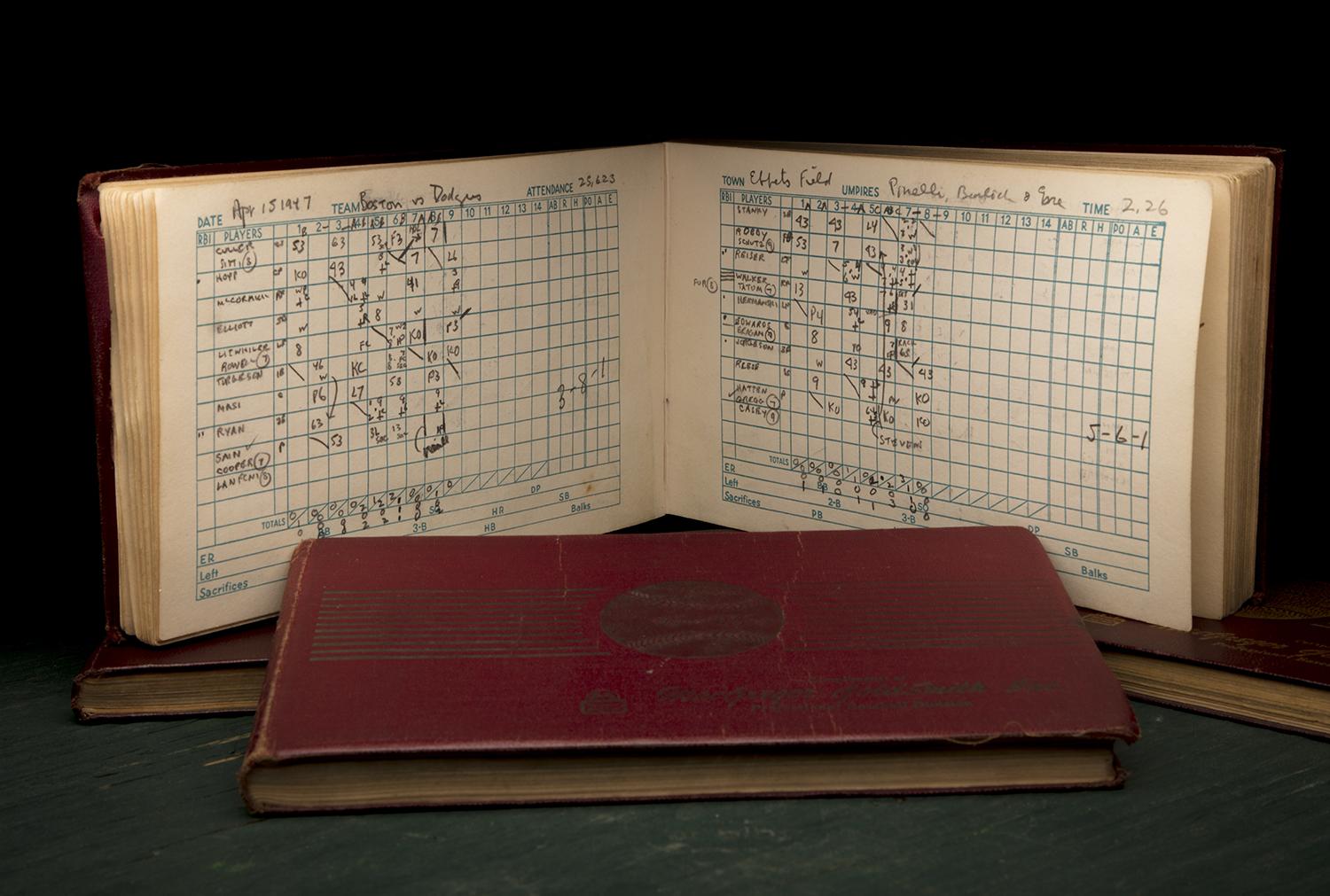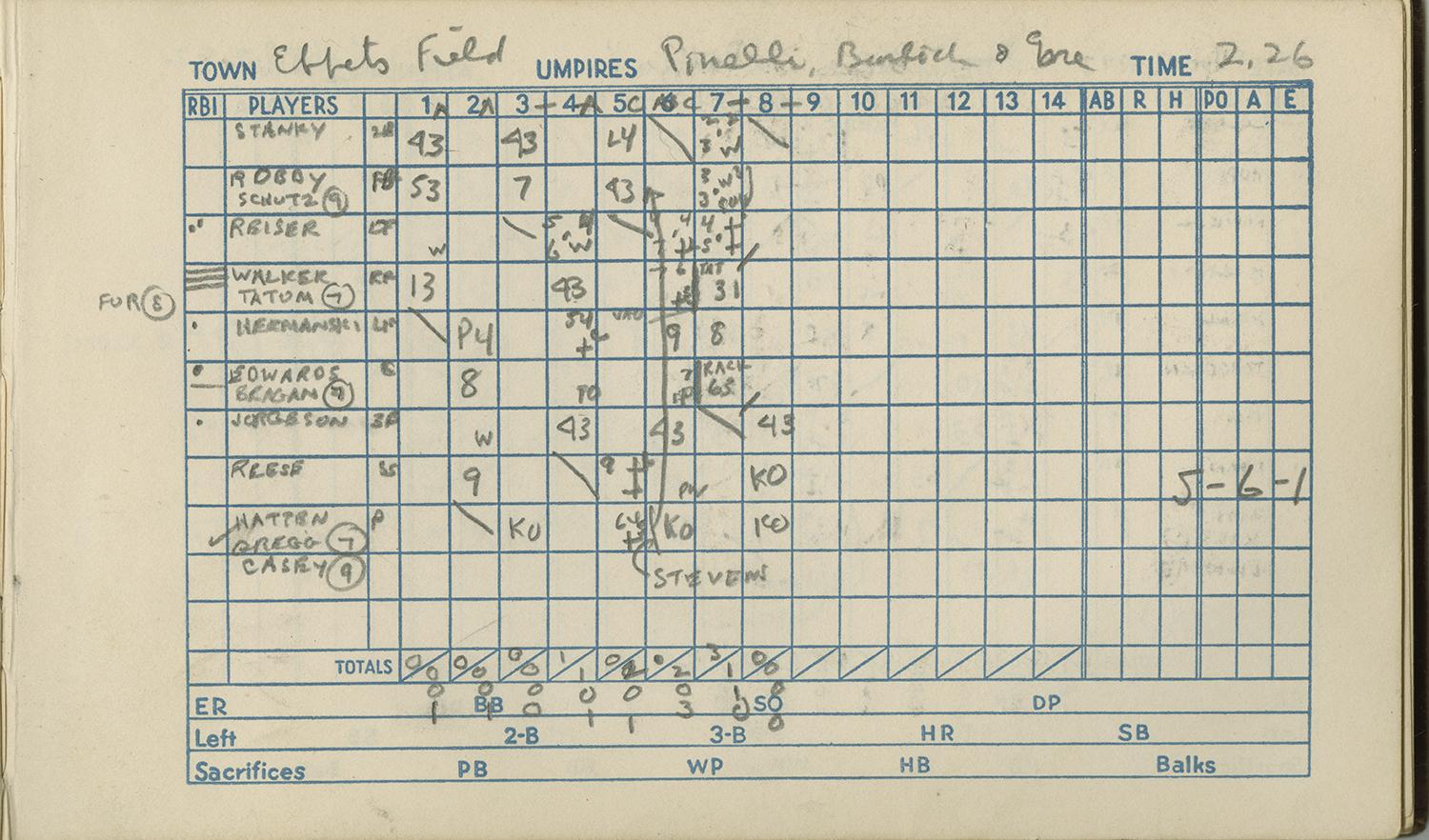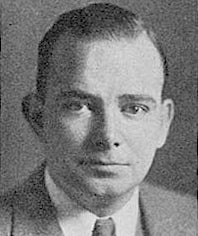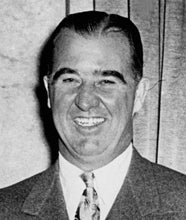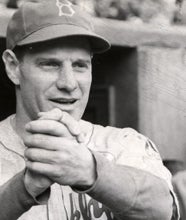- Home
- Our Stories
- April 15, 1947: A first draft of history
April 15, 1947: A first draft of history
April 15, 1947 was a fair-weather day for baseball when sportswriter Tom Meany crossed the threshold of Ebbets Field for the season opener of the Dodgers. Tucked closely to him was his scorebook – a tool he used in writing commentary on the National Pastime for the New York World-Telegram.
Today, this scorebook – part of the collection at the National Baseball Hall of Fame Library in Cooperstown – tells the story of one of the most important Civil Rights moments in American history.
This small book, measuring 7 ¾ inches x 4 5/8 inches, was an Official Reporters’ Score Book, printed by MacGregor GoldSmith Inc. for the Baseball Writers’ Association of America. While new for the 1947 season, it had already been used by Meany for Spring Training games in Florida and an exhibition game between the Dodgers and the minor league Montreal Royals.
Hall of Fame Membership
There is no simpler, and more essential, way to demonstrate your support than to sign on as a Museum Member.
Meany, having covered New York’s baseball teams for almost 20 years, was undoubtedly curious how the season was going to turn out for the Dodgers. News had just broken that Leo Durocher, the player/manager for the team since 1939 and full time manager since 1946, was suspended for the season by Commissioner Happy Chandler for his conduct outside of baseball. These headlines were followed by the announcement that Jackie Robinson would be joining the Dodgers.
Settling into his seat along with 26,622 other fans (the scorebook incorrectly notes that 25,623 were in attendance), Meany watched history being made when Robinson took the field for Brooklyn, becoming the first African American to play for a major league team in the 20th century. When the visiting Boston Braves went up to bat, Dick Culler grounded to Spider Jorgenson at third who threw it across the field to Robinson, making the first putout of the game. Meany simply marked it in his scorebook as a 5-3 play.
Tom Meany, a journalist for the New York World-Telegram, was in attendance at Ebbets Field the day Jackie Robinson made his major league debut. He documented the game in his scorebook, now preserved in the Hall of Fame's collection. PASTIME (Milo Stewart Jr. / National Baseball Hall of Fame and Museum)
When it came time for the Dodgers to bat, Robinson, or “Robby” as Meany penciled in his scorebook, was second in the lineup. For his first major league at bat, Robinson grounded to third and was thrown out, for the second out of the inning. Following the rest of the game in Meany’s scorebook, Robinson made an out in the third and hit into a double play in the fifth. With the Braves leading 3-2, Robinson reached second on a throwing error during his sacrifice bunt in the seventh and went on to score the go-ahead run, thanks to Pete Reiser’s double. While it was not a stellar offensive day for Robinson, he made a total of 11 putouts playing first, and the Dodgers won the game, 5-3. Throughout it all, Meany kept track of the game in his scorebook.
This page in Tom Meany's scorebook depicts Jackie Robinson's offensive performance on the day he debuted in the major leagues. PASTIME (National Baseball Hall of Fame and Museum)
There is no special notation on those two pages in the scorebook but it would become a significant day for baseball and American civil rights. For Meany, that story was already written. Instead, the scorebook simply shows how the rookie, “Robby,” did during his first game in the big leagues.
Gabrielle Augustine is the Assistant Curator at the National Baseball Hall of Fame and Museum
Related J.G. Taylor Spink Award Winners
Related Stories
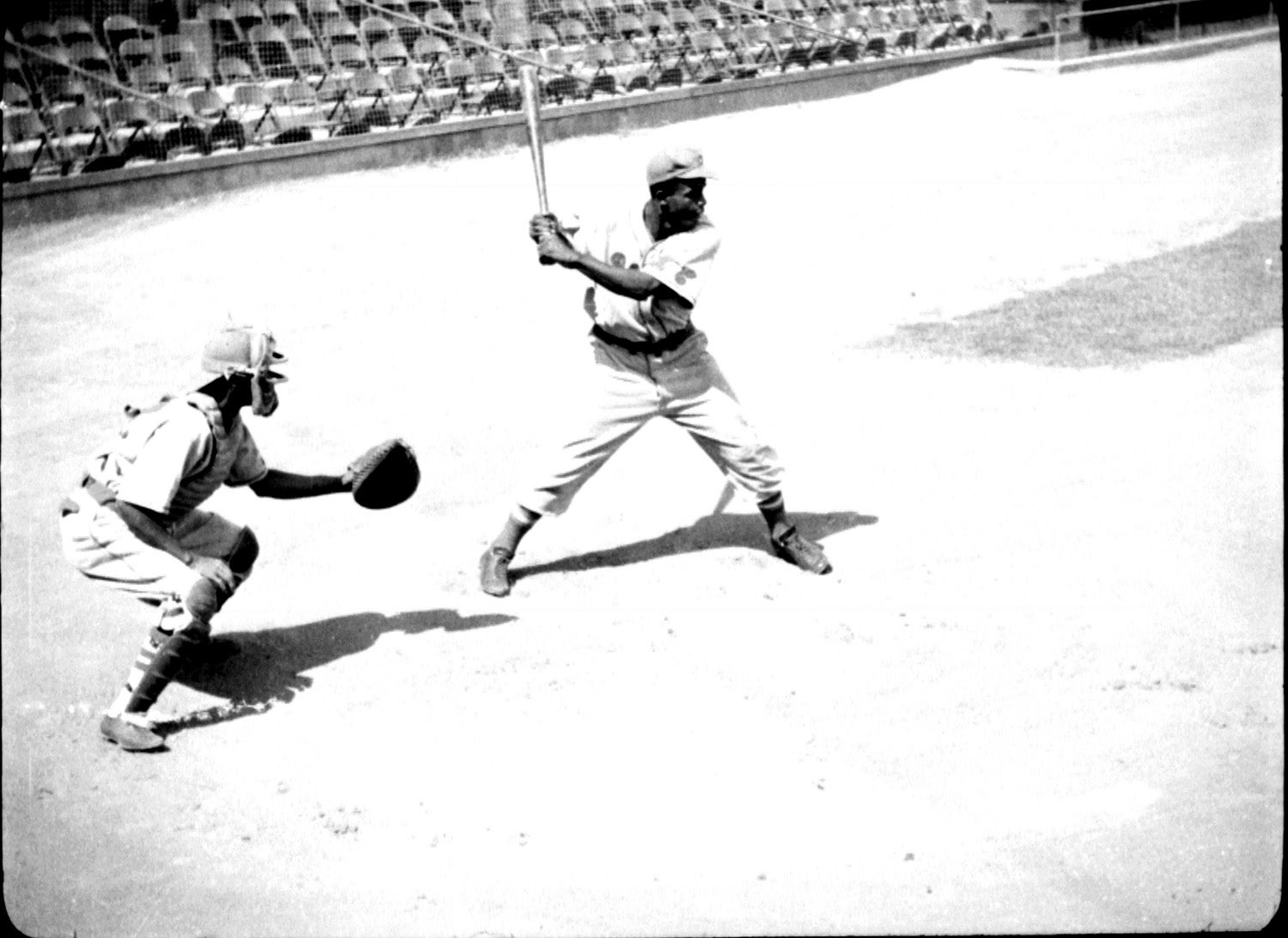
Robinson’s Royal history

April 15, 1997: Jackie Robinson’s Number Retired
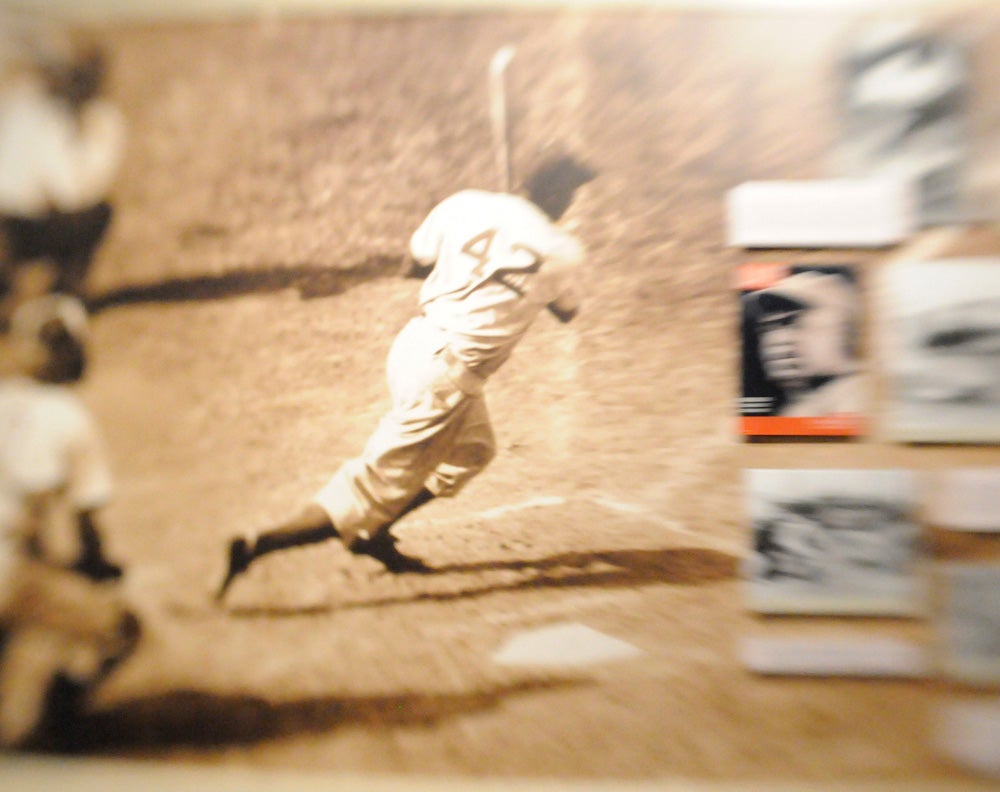
Civil Rights: Before You Could Say "Jackie Robinson"

Robinson’s Royal history

April 15, 1997: Jackie Robinson’s Number Retired



